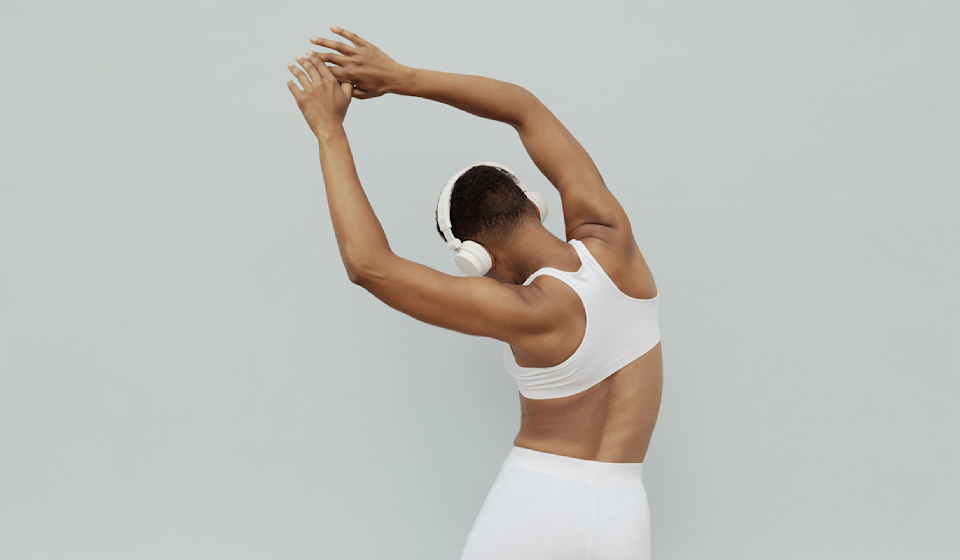Essential Takeaways
• Incorporating movement into any part of your day is always a good idea, but we often hear the question: when is the best time to workout? The answer is going to depend on what you’re hoping to get out of your workout.
• Below, we explore how hormones, hunger, and day to day stresses can impact the effectiveness of your workout at different times of day.
Sneakers, check. Yoga mat, check. Killer playlist, check. You’re ready to workout, but now you might be wondering: when is the best time to workout? Is it better to workout in the morning or night? Working out takes planning, and when life is busy, you’ve got to optimize. We consulted our team of scientists on when is the best time to exercise—turns out, there are different benefits to working out at different times of day based on what hormones our bodies are producing at that time.
There’s no “bad” time to exercise—it all depends on what your goals are.
Benefits of Working Out in the Morning
Our body’s hormonal profile in the morning predisposes us for better metabolism of fat (1), so we’ll draw more of our energy from those cells. A morning workout also might help curb our appetite during the day, helping us make conscientious food choices and further supporting the workout goals we might have.
Morning exercise has many other attractive benefits, too. Exercise has been shown to reduce stress, so starting the day with movement can help with mental health and productivity throughout our daily tasks. Plus, morning workout habits have been shown to be easier to keep (2)—if we’re working out at 7 a.m., we might be able to shift our body’s internal clock earlier, allowing us to have energy to move in the earlier hours and get tired earlier at night (which, of course, will leave us better rested to repeat the process the next day). And no matter what workout you’re doing, consistency is the key to results.
Benefits of Working Out at Night
If you’re not a morning person, trust us, we get it—especially if your mornings are busy. Fortunately, the benefits of working out at night are many, too.
First off, we can ignore the idea that working out at night will make it more difficult to get to sleep. Unless you’re doing an intense workout like HIIT, immediately showering, and going straight to bed, working out at night won’t disrupt sleep (3). In fact, doing more relaxing workouts, like yoga, or giving yourself time to decompress after a more intense workout, might even tucker you out enough to get to sleep faster.
If working out at night fits your schedule best, don’t worry: you’ll still get all the stress-reducing benefits of exercise.










